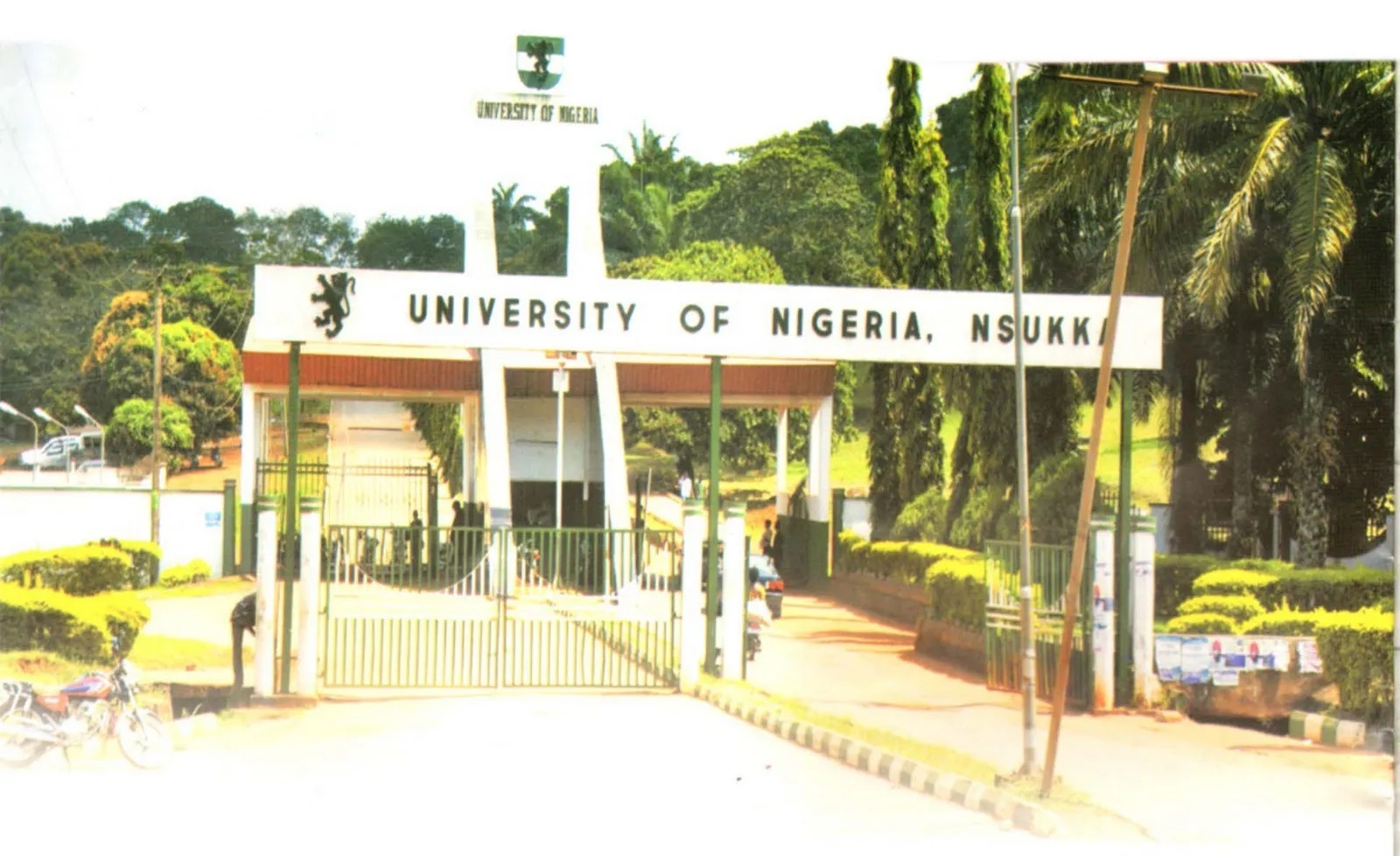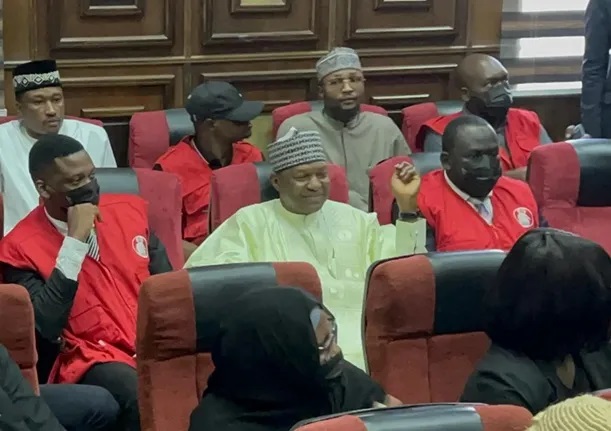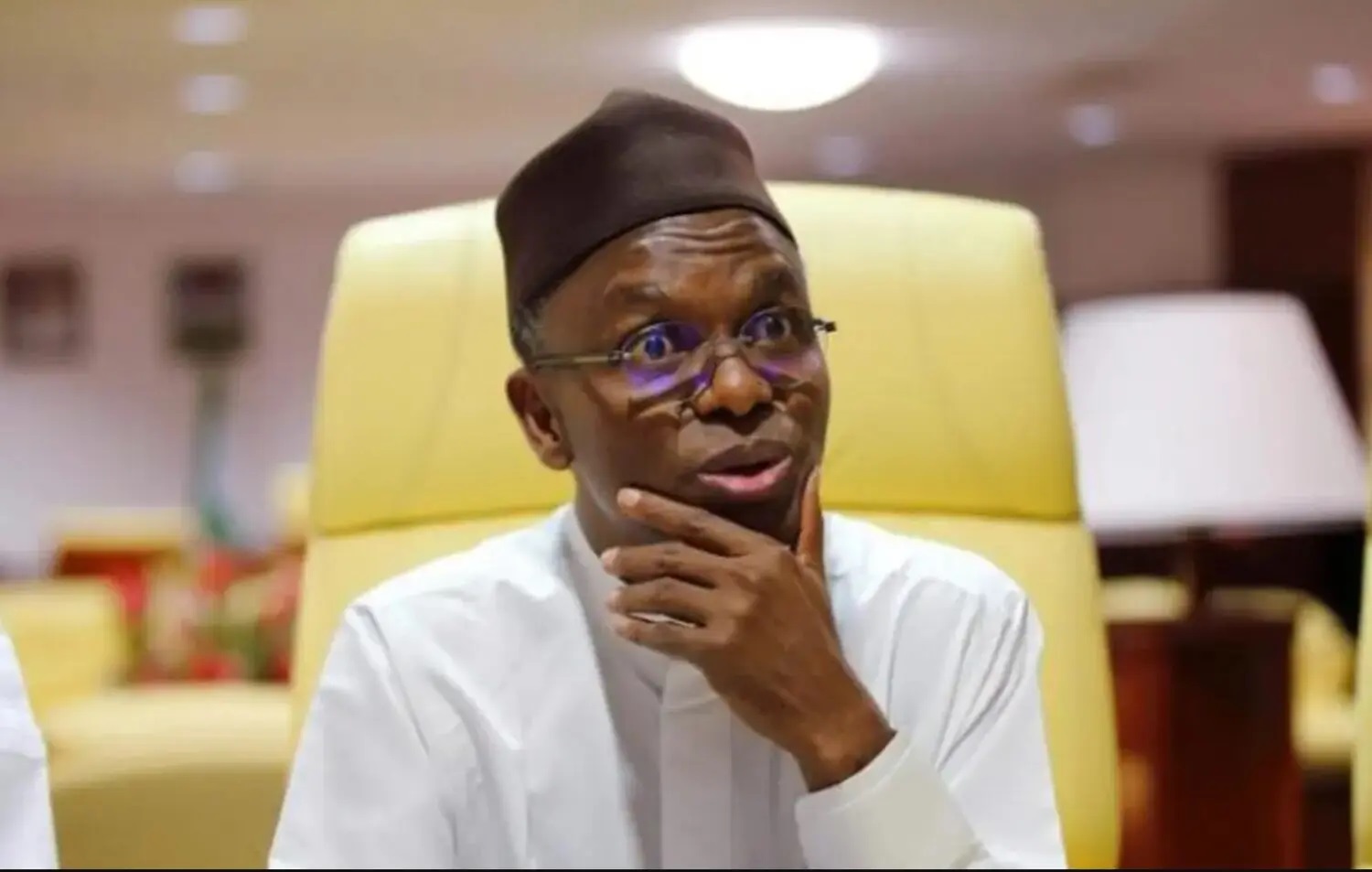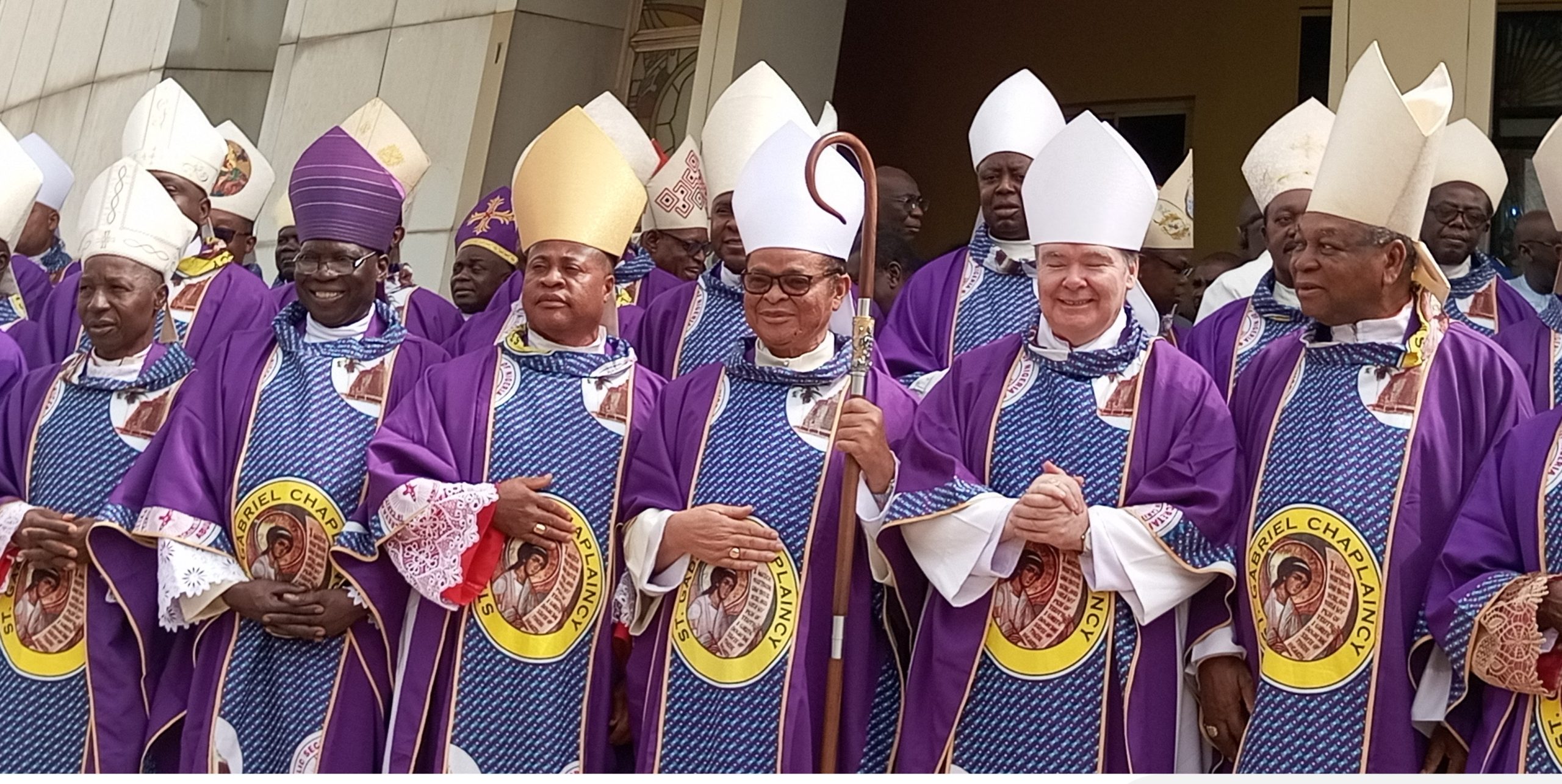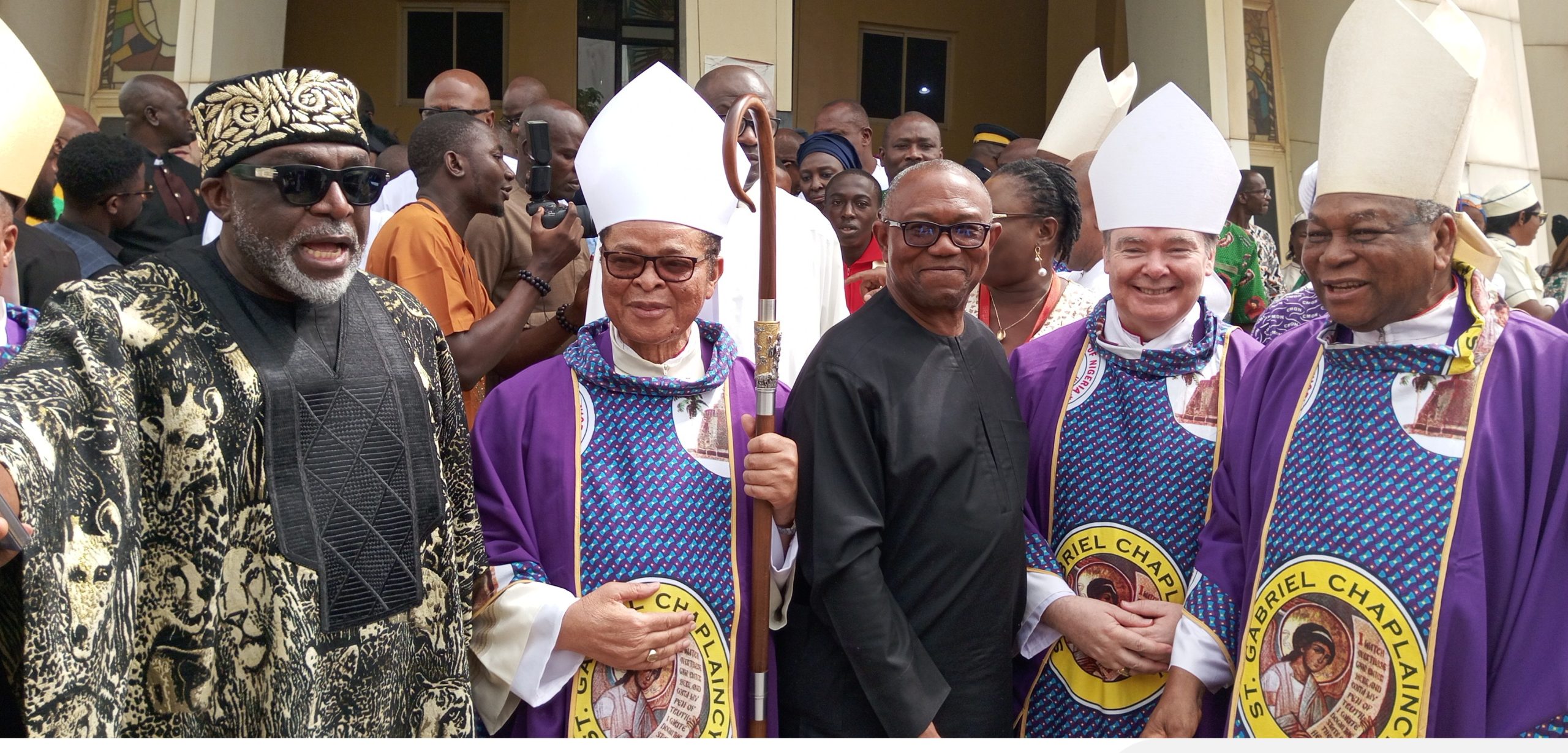As Nigeria marks over two and a half decades of democratic governance, a prominent political scientist has lauded the country’s democratic endurance, while highlighting critical areas requiring urgent reform.
Professor Jonah Onuoha of the University of Nigeria, Nsukka, has described Nigeria’s 26 years of civilian rule as a milestone that many countries in Africa and beyond have struggled to achieve without military intervention.
“In 1999, we witnessed a turning point when democracy was restored. Today, we must appreciate the liberties that come with civil governance, even as we recognise areas needing attention,” he said during an interview in Nsukka.
Yet, Onuoha was quick to caution against complacency. He warned that persistent national security threats—from insurgents and kidnappers to ritual killings—could derail democratic processes if not urgently addressed.
“Without security, democratic institutions cannot function effectively. The government must go beyond rhetoric and ensure that peace is restored, especially ahead of the 2027 general elections,” he stressed.
He also critiqued what he termed a lack of independence in Nigeria’s judiciary and legislative branches. “These arms of government appear subservient to the executive, which undermines democracy,” Onuoha asserted.
Highlighting the need for stronger democratic institutions, he said: “An effective democracy relies on the balance of power. When the judiciary and legislature can act independently, the voice of the electorate will be respected, and the rule of law will prevail.”
Onuoha urged citizens to continue playing their part by upholding civic responsibilities and protecting public infrastructure as Nigeria works to deepen its democratic culture.

